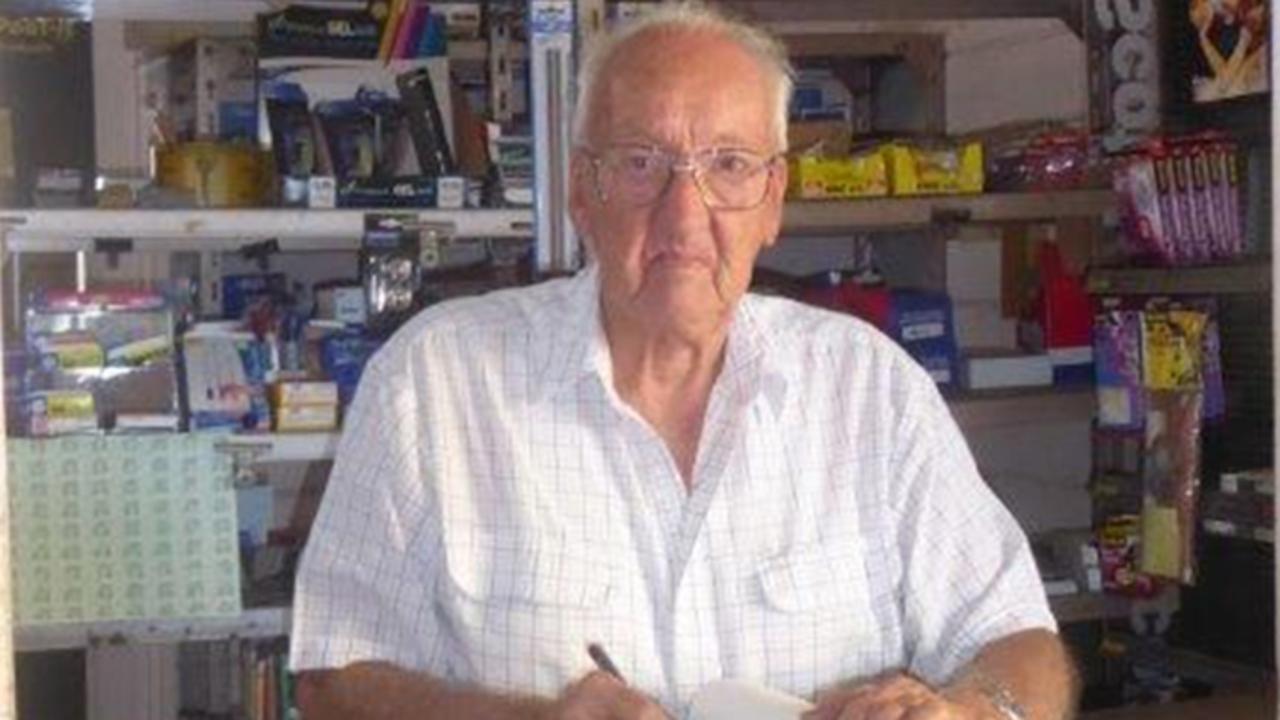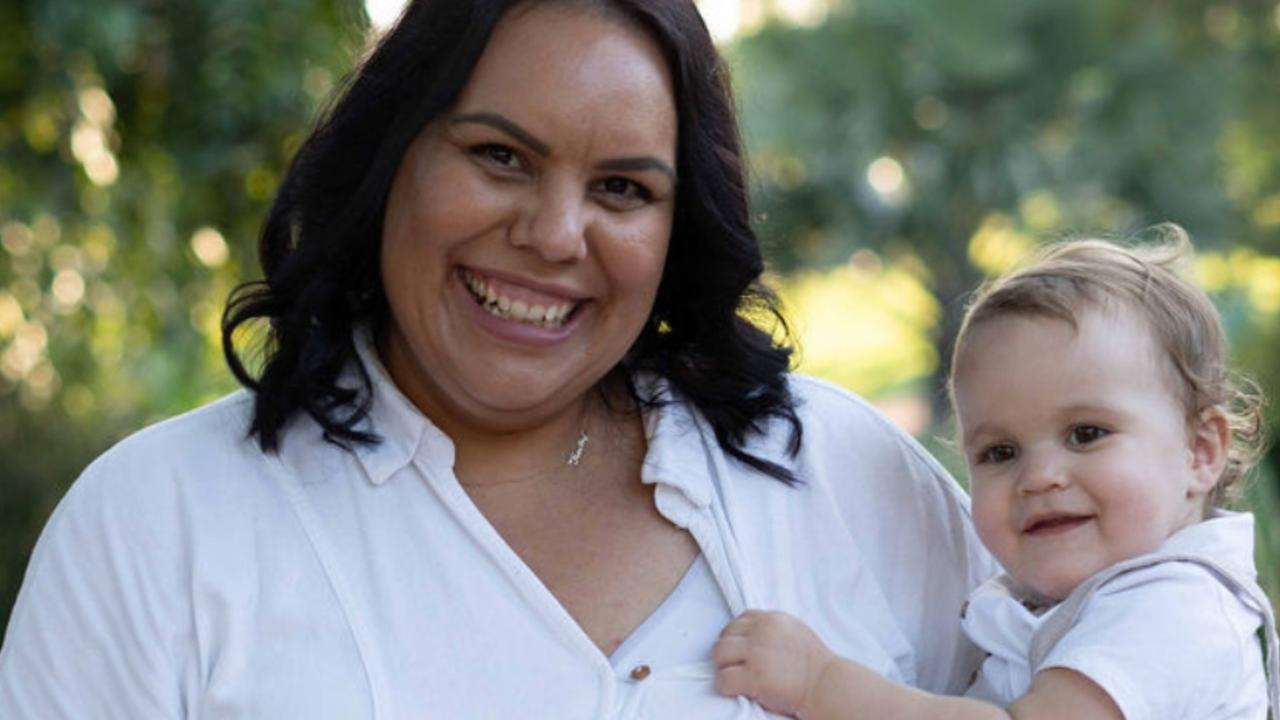Growing Townsville’s status as a medical super-hub out to 2040
The healthcare sector employs 23,000 people in Townsville and there are plans to build on the city’s status as a medical super hub. Read the first piece in our Future Townsville - Towards 2040 series.
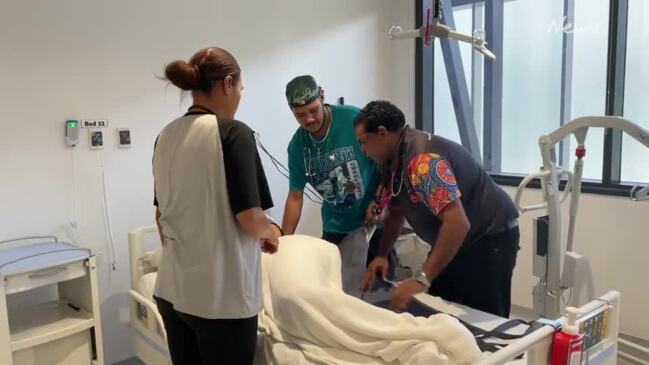
Townsville
Don't miss out on the headlines from Townsville. Followed categories will be added to My News.
The healthcare sector in Townsville plays a huge role in providing the services and care to people across a large part of regional Queensland and is our biggest employer.
The Townsville Bulletin, through its Future Townsville series, will highlight the amazing work being done in the sector and some of the trends in coming years.
Also, acclaimed demographer and columnist Bernard Salt will be among the keynote speakers at a Future Townsville event on March 1 to discuss the priorities for health and the city’s growing role as a medical super-hub.
Townsville Hospital and Health Service Board Chair Tony Mooney said that as the pre-eminent tertiary facility in the region, they were committed to growth, innovation, technology solutions, research and education as the way of the future.
“Our challenge is to optimise our tropical location for more cutting-edge research, work with our partners in the higher education sector, and grow our health service from its already strong position to one that equals any other of its size in the country,” Mr Mooney said.
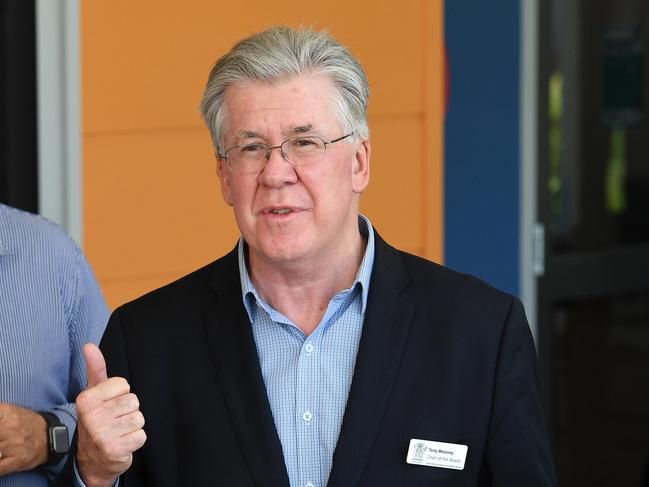
He said a $530 million expansion of Townsville University Hospital would deliver around 143 patient beds in a new acute care building.
It will deliver expanded rehabilitation, medical imaging, telehealth and planned-care services.
A new eight-level building would include a rooftop helipad building and be home to two new operating theatres.
The construction of a new $16.98 million hybrid theatre, a first for the hospital, was set to begin this year and a tender for a $40 million Kirwan Community Health Campus expansion had been let to deliver state-of-the-art community healthcare services.
The chief executive of the Mater Group Dr Peter Steer said combining expertise and sharing new technologies across the private and public healthcare sectors would ensure people greater access to care in their own communities as well as experienced local healthcare practitioners.
He said the community’s healthcare needs would evolve and change over the next 20 years and working in collaboration with key Townsville stakeholders would help ensure the sector was able to meet future demand.
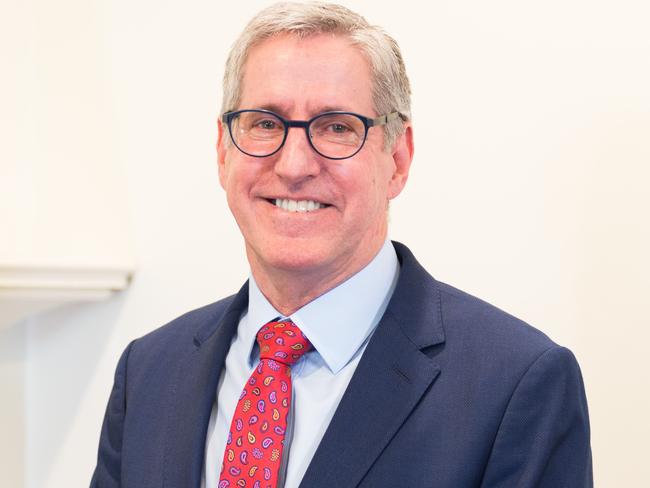
“Mater’s capital development at Pimlico as well as the multimillion-dollar investment in recent years in state-of-the-art surgical robots demonstrate our commitment to the future care of people in this region,” Dr Steer said.
“In addition, Mater Education began offering its Diploma of Nursing courses in Townsville in 2020 to grow and train a local healthcare workforce for the future.”
He said new facilities, technologies and education services reduced the need for patients, healthcare staff and students to leave the region for care or qualifications.
“Townsville is already the healthcare hub of Northern Australia and Mater is committed to ensuring it retains this title well into the future,” Dr Steer said.
“As Australia’s largest maternity services provider, Mater remains committed to continuing to deliver exceptional maternity care across Queensland both now and into the future.
Mr Salt told the Bulletin the healthcare sector was our fastest growing industry in an economy that recovering from the mining downturn of 2015.
He said the sector employed 23,000 people — about 20 per cent of the city’s workforce.
“The healthcare workforce in Townsville over 20 years has been growing at 3 per cent a year and you need about 600 workers per year. So you have a big appetite,” Mr Salt said.
To support its growing workforce requirements the city needed the biggest and best TAFE trades and vocational centres to match the education provided by James Cook University.
Mr Salt described Townsville as a “city of opportunity” and a “city of sport” with an unusual strategic advantage of having a high proportion of people aged in their early 20s.
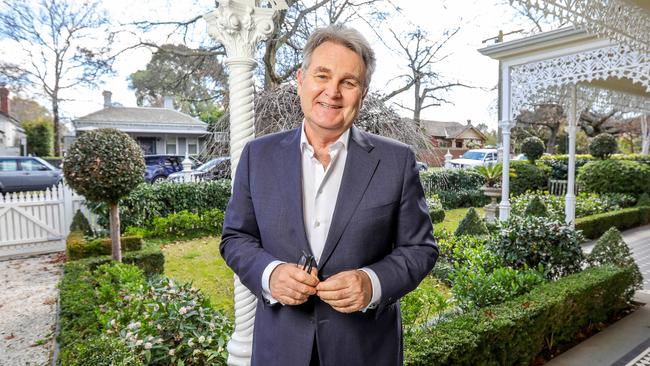
“You should have a festival sport. Your strategic advantage from a demographic perspective is that you’re swamped by 21-year-olds at university and in the Army. You should lead the way in sport and capitalise on that,” Mr Salt said.
The city should also be pushing to host a 2032 Olympic event, he said.
Mr Salt provided a demographic report card on Townsville and forecasts on the shape of things to come.
Based on data from the Australian Bureau of Statistics, Mr Salt said Townsville’s urban area had a population of 182,000 at June 2021, ranking it as Australia’s 13th largest urban centre, about 30,000 more than Cairns and Darwin.
According to forecasts, he said Townsville was likely to maintain or widen that gap. He estimated the city would reach 234,000 in 2040 — a gain of more than 50,000 people.
It would be akin to adding six or seven new suburbs, he said.
“Townsville has strengthened its position. At the moment you would say Townsville is pulling further ahead (from Cairns). I see that gap being maintained,” Mr Salt said.
He said Townsville had been through a tough decade, caused in part by the aftermath of the GFC, the mining downturn and the closure of the Yabulu nickel refinery in 2016.
But the city had recovered or was in recovery, he said.
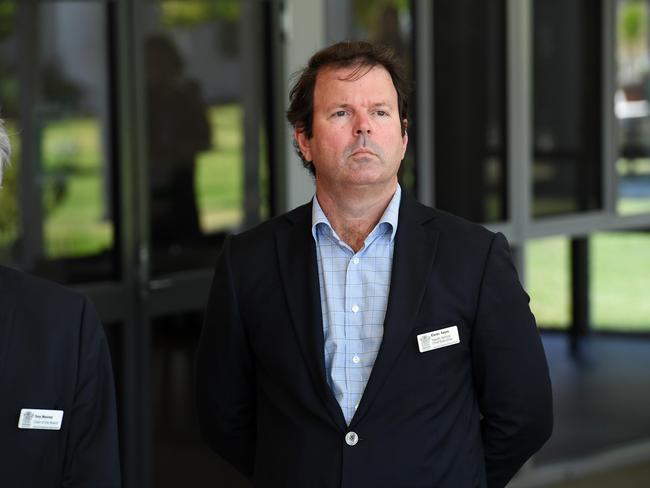
This was reflected in the fact that the city had lost about 2000 of its workforce numbers between 2011 and 2016 but had gained more than 7500 to 111,495 in the five years to 2016.
The fastest growing industry over both periods was healthcare and social assistance, adding about 1800 in 2011-2016 and about 4000 in 2016-2021.
Mr Salt said healthcare was an industry that could deliver a better Townsville in coming years.
He emphasised the need for improved mental healthcare not just for the young but also older people based on Census data showing 10 per cent of our residents reported having a mental health condition.
This was well above the average in Australia of 7 per cent.
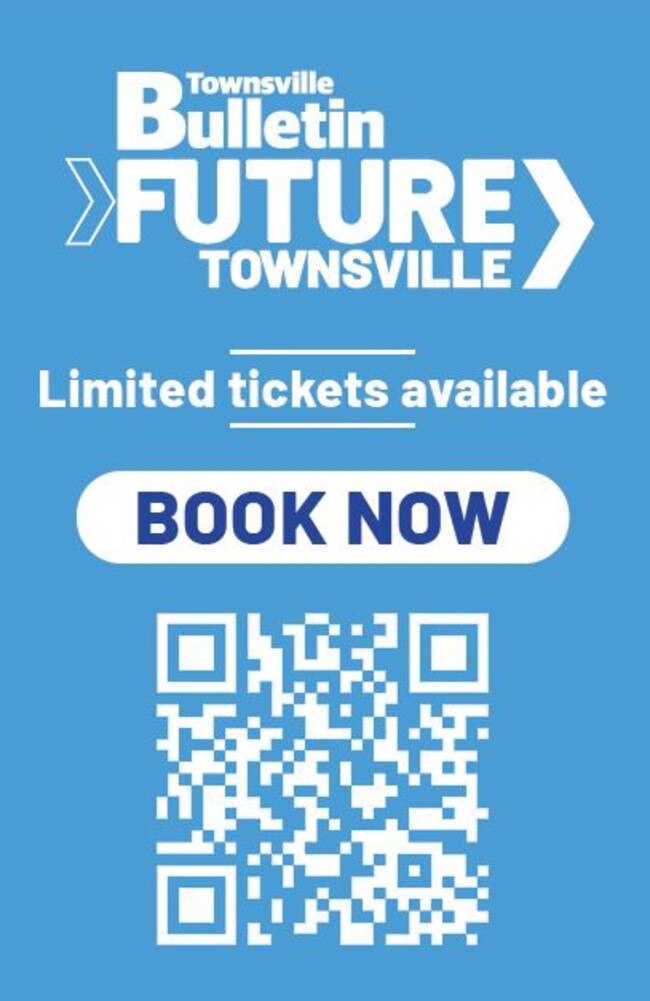
Other growth industries included construction, mining and professional services, with growth in that latter category making Townsville akin to a “defacto capital city”.
Of particular note, based on 2016 data, was a change in the relative proportions of Townsville’s age groups, showing an exodus or loss of people aged in their 50s to 60s.
Mr Salt said this made Townsville a place of opportunity for Millennials — those aged in their 30s and 40s — looking for advancement in their chosen careers.
“Townsville is the millennial opportunity city of Australia because the pathway is clear. Millennials can get early promotion. You don’t have to compete too hard,” Mr Salt said.
More Coverage
Originally published as Growing Townsville’s status as a medical super-hub out to 2040


